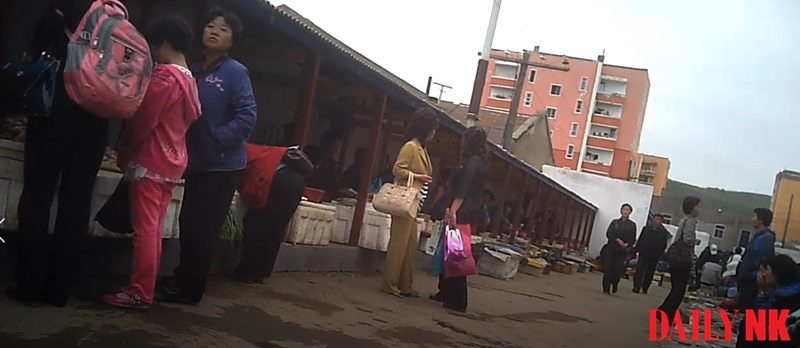
Working mothers in North Korea are choosing to hire nannies rather than send their children to state child-care facilities, according to local sources.
“Young women working in the markets prefer to hire nannies to look after their kids,” a North Hamgyong Province-based source told Daily NK. “The women have become breadwinners for their families and need childcare in order to keep working.”
There are childcare centers in each district in North Korea, but women tend to avoid using them, the source added. Parents have to pay an average of 10,000 KPW or more along with rice and other food for their kids to eat at the centers. Moreover, there are restrictions in place about when parents can drop off and pick up their kids, which is unsuitable for mothers who work in the markets.
“Childcare centers require parents to drop off and pick up their kids at specific times, so the centers are perfect for women who work at factories,” said the source.
“Women who don’t find childcare centers suitable for their schedules generally go out and find someone else who can look after their kids. This can be their parents or parents-in-law, but if they’re not available then they hire nannies.”
A separate source in North Hamgyong Province shared the case of a female acquaintance who runs a small stall that sells food at a market in Chongjin. The woman hired a nanny to watch her kids from 9 AM in the morning and provides the caretaker with baby food to use throughout the day. The nanny also takes the woman’s child to the market so that she can breastfeed. At around 8 PM, the nanny brings the child back to the market and receives one kilogram of corn noodles as remuneration.
Women also give their parents or parents-in-law corn noodles as payment for watching over their kids.
“It is common for women working in the market to give one kilogram of corn noodles to nannies or whoever is watching over their kids,” she said. “This has been the traditional form of payment for several years. Parents and parents-in-law receive the same kind of payment as nannies do.”
Nannies in North Korea are generally older women, particularly those unable to work or those who are in financial difficulties because they are unable to receive support from their own children often take on jobs as nannies.
Meanwhile, the North Korean authorities have paid little attention to the spread of this “nanny culture.” The sources believe this is because the government has been focused on increasing the level of marketization in the country through ambitious economic reform measures and encouraging women to have more kids.




















